
Om is often used as a mantra for meditation.
When I first started my research into the Law of Attraction, a natural off-shoot of that research led me into the field of meditation. Meditation is an extraordinarily useful tool for both stress relief and personal productivity, and although it doesn’t necessarily involve sitting around chanting “om” while you commune with your higher self (unless of course you’re really into that kind of thing), one of the first questions I had regarding meditation was: “What, exactly, is the meaning of Om?” So I did some more research, and here’s what I found out…
Ascribed to a number of religious philosophies, including Hinduism and Buddhism, Om (also know as Omkara or Aumkara) is a sacred or mystical syllable believed to be of Hindu origin. This symbol is chanted at the beginning and ending of a reading of the Vedas (sacred texts), and prior to any prayer or mantra.
OM conveys a fundamental honour, reverance & understanding of the divinity within all. Click to Tweet!
The vibration made as Om, or Aum, is intoned, is thought to embody the essence of the entire Universe. It is said to be the sound the Universe made as it was born, and the sound that continues to hold together all that is. It is eternal; without beginning and without end.
The use of the Om symbol conveys a fundamental honour for Creation (All That Is), an understanding of the concept of the divinity within all, and a deep reverence for life.
Sacred Trinity and the Meaning of Om

The Om symbol.
Interestingly, I’ve found that a lot of the symbols that fascinate me the most have some sort of trinity involved; whether it’s shamrocks or Celtic trisquelions, the symbols with the deepest meanings always seem to involve an element of three. And this is also the case for the Om, whose symbolism has variously been described as:
- Waking, Dreaming, Sleeping
- Body, Mind and Soul;
- Past, Present and Future;
- Birth, Life and Death; and
- Truth, Courage and Compassion.
These three-fold symbolic meanings found in the lines of the Om have can be understood throughout all spiritual belief systems.
Om as a Mantra

Meditating with Om can help calm your mind.
Because it is viewed as the embodiment or essence of the Universe as a whole, Om is considered by many to be the greatest of all mantras, making it popular with a lot of meditation enthusiasts. As with all mantras, chanting Om as a meditation aid is meant to help you focus and clear your mind of distracting everyday thoughts. In particular, the use of Om as a mantra during meditation is thought to help maintain mental and emotional calm, and allow the flow of understanding.
In using Om as a mantra, however, we are encouraged to keep the actual meaning of the symbol in our minds and hearts, and to feel the power of it; feel your connection to the infinite, all-encompassing Source, and make it your intent to understand that you are a fundamental part of that one Source. Feel that you are infinite and eternal. Feel that you are strong, healthy and free. Feel the light, and the unconditional love and acceptance of Source.
Understand the meaning of Om.
Feel Om.
Do you meditate, and if so, do you use a mantra to help you focus? What are your thoughts about Om? If you would like to learn more about the meaning of Om, check out this Wikipedia article.








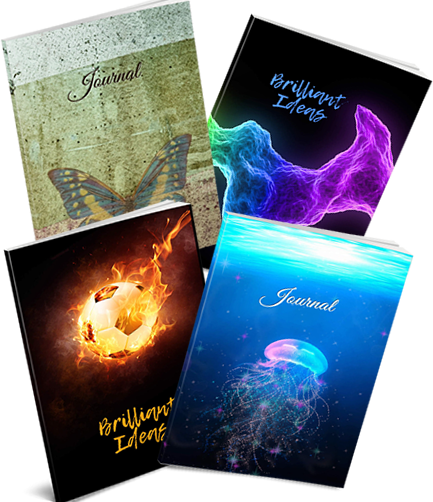
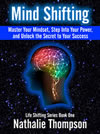
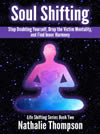

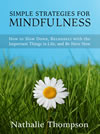


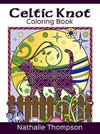

Hi Nathalie,
One day when waking up, I realized I was hearing a new inner sound. The best rendering is: Oommmm Oommmm. This sound, also called the Inner Current, or Naad, accompanies me since then.
I asked a Yogi master. This experience is consistently made by meditators on the path. That’s where the Vedic syllabe OM actually comes from.
You see, religions and spiritual schools contain a lot of practices that actually mimic veridical experiences reported by practicioners who more or less succedded on their path. It is done in the hope to artificially accelerate an evolution which is essentially natural if you practice correctly. The problem is these practices induce clinging to the wrong things, and that actually hinders this evolution; which is sad.
All the best.
Hello Syl, and thank you so much for taking the time to comment! I think it’s wonderful that you are able to tune into the Naad — it must be a very profound experience for you. I agree that trying to force or artificially accelerate spiritual learning tends to do more harm than good. In my experience, however, this type of understanding cannot be forced no matter how much an individual may want to accelerate the process. Those of us who wish to learn such things must come to our own understanding of deeper spiritual experiences in our own time and in our own way. And no two individuals will ever travel the same path towards that understanding and evolution. All perspectives are important, as are all who journey. Love and light to you — may your path be all you could ever hope for. 🙂
Awesome
Thanks. 🙂